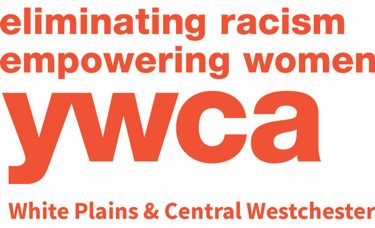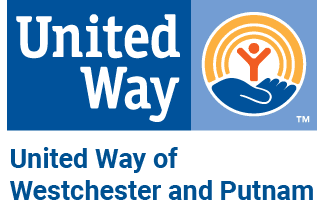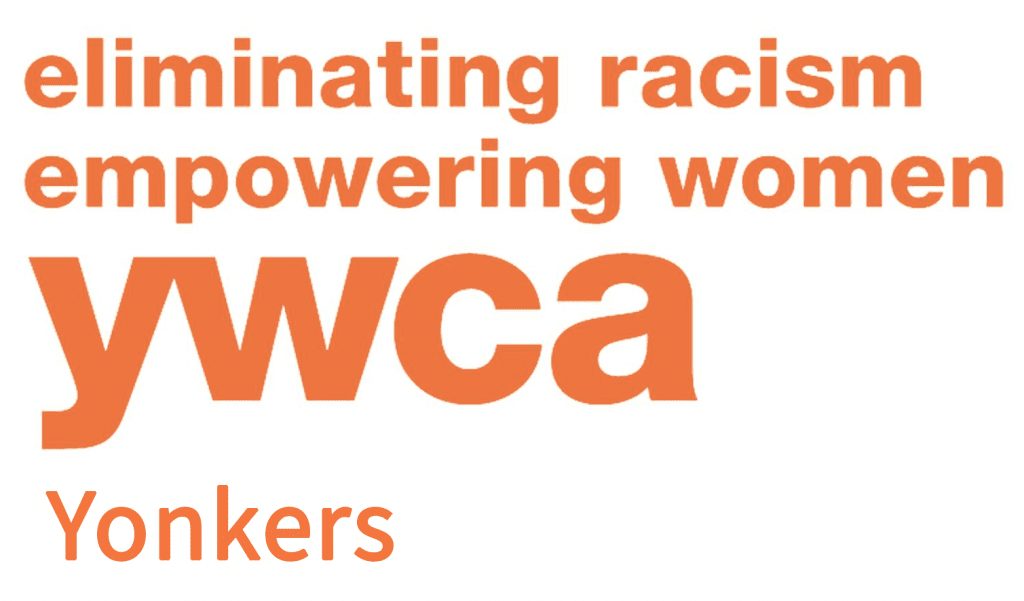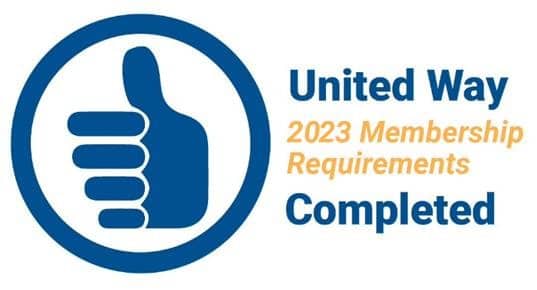Day 2: Food Apartheid - Why Language Matters

- Food swamps, deserts, mirages…these buzzwords all mean something similar; however, all fail to accurately depict and acknowledge the structural racism that has created inequitable food systems. The USDA defines food deserts as “areas where people have limited access to a variety of healthy and affordable food (2012),” Instead, food apartheid is a term that considers the role that racism has played in inequitable access to food and removes the negative and harmful stigma imposed by white researches that comes with the terms ‘desert’ and ‘swamp’. The Regeneration Organization defines food apartheid as a “system of segregation that divides those with access to an abundance of nutritious food and those who have been denied that access due to systemic injustice” (2022). disparities in accessing healthy and affordable food are not race-neutral. The U.S. Census Bureau and the U.S. Department of Agriculture found that BIPOC community members consistently experience extreme racial disparities, food insecurity, and rates of poverty compared to their white counterparts (2020). Food apartheid activists are working in their communities to confront and dismantle these injustices and create an equitable food system.
- Today we are exploring the history of food apartheid and why this language matters.
- “We can’t solve the problem of hunger unless we are addressing, in an unapologetic manner, the question of race and how it affects the food system.” Malik Yakini, food justice leader and founder and Interim Executive Director of Detroit Black Community Food Security Network
Today's Challenge
Read
- Read this article to understand the difference between food swamps, deserts, and mirages, why they are misleading and harmful terms, and why food apartheid is more accurate.
- Read this article to learn why using the language ‘food apartheid’ is important and what it means from leaders of the food justice movement.
- Read this article to understand why using terms like ‘food desert’ and ‘food swamps’ are inaccurate and harmful and what food justice activists are doing to combat the injustices in our food system.
Listen
Listen to the episode Food Apartheid: And Why We Don’t Call it a Food Desert from the podcast Point of Origin to hear Karen Washington, the woman who coined the term ‘food apartheid’, James Beard Foundation Leadership Award winner, and food sovereignty leader, explain the term in greater detail and the implications that using less accurate terms have on BIPOC communities.
Listen to sociologist and ethnographer Priya Fielding-Singh PhD speak about her book How the Other Half Eats: The Untold Story of Food and Inequality in America to get a better understanding as to why food deserts are not the driver of food injustice and inequality, but instead, race and class.
Reflect
- What do you think of when you hear the words ‘desert’ and ‘swamp”? Why do you think this is harmful language to use?
- How often do you consider the implications of racial and food inequities in your work, in your studies, as a person who eats, or as a voter?
- What might be possible strategies to narrow the inequities of our food system?
The 5-Day Social Justice Journey is brought to you by



336 Central Park Avenue
White Plains, NY 10606
914.997.6700
Privacy Policy
Board Portal
Career Opportunities

